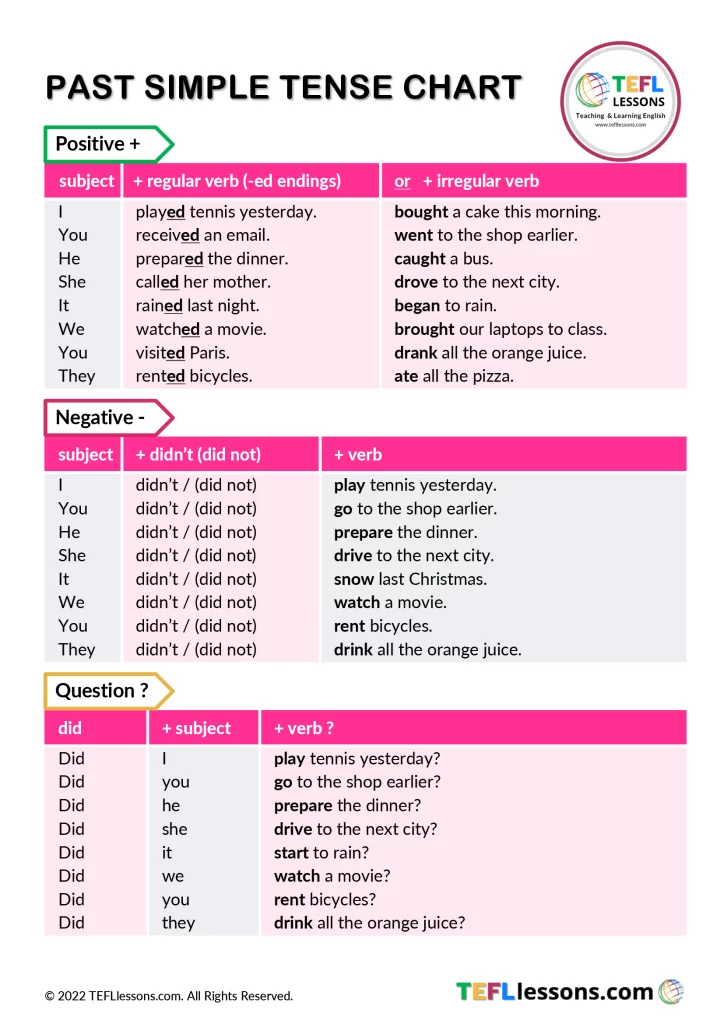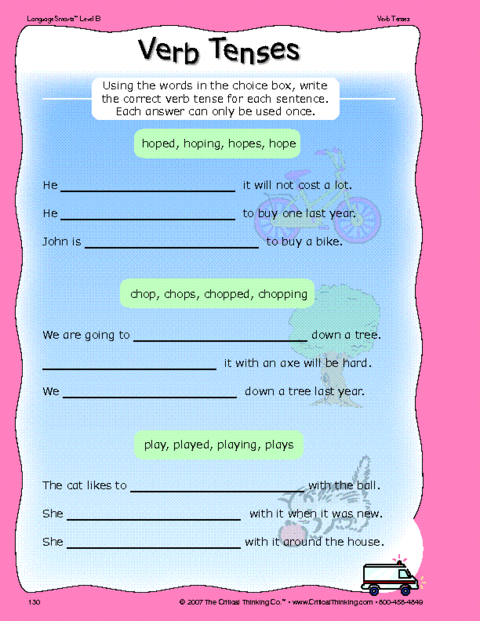Study finds using the present tense makes people find your words
Por um escritor misterioso
Descrição
One review is written in the past tense — “I was thrilled when I put on this shirt!” Another reads, “I will definitely wear this shirt a lot.” A study finds neither is nearly as persuasive as the review that says: “I love wearing this shirt.” Using present tense instead of past or future makes your audience find your words significantly more helpful and persuasive according to new research from U of T Scarborough. Though we might not realize it, when we communicate in the present tense, our messages seem more specific and concrete, which helps our audience better visualize our point and feel psychologically closer to us. “The more vivid something is, the more real and true it seems. The past and the future aren't as vivid as the present,” says Sam Maglio, co-author of the study and professor of marketing and psychology at U of T Scarborough. “In the present tense, you as the reader take a journey with the speaker and you become immersed. We are experiencing it together.” Maglio teamed up with David Fang (BComm 2022 UTSG) to dissect millions of reviews for products in categories from fashion and beauty to video games to automotive. They determined the number of past, present and future verbs in each review and recorded how many upvotes they received (conveniently, ’s upvote button just reads: “Helpful”). Then they factored in other features of the review — such as pictures, how long it was up and its number of stars — to isolate the impact of verb tense. Online reviews, on average, tend to use a lot of present tense verbs. Researchers found with every increase in present tense, helpfulness ratings rose considerably, and with every increase in past or future tense, they dropped. The trend persisted when the researchers looked only at reviews with more than 0 upvotes, and across reviews collected before removed its downvote feature in 2019. And when Maglio and Fang brought in hundreds of participants to rate reviews, the same pattern emerged. Sam Maglio is an expert on cognition and motivation, with a focus on consumer behaviour and wellbeing (Photo by Yana Kaz). ‘The secret ingredient to helpfulness’ The researchers found a catch when studying live participants — the helpfulness of present tense verbs disappeared when reviews were written by people too physically far away. They had about 500 people rate reviews by helpfulness and told them the reviewers were either relatively nearby (within Canada) or on the other side of the world (in Australia). The reviews written in Canada followed suit with the other studies, with present tense verbs boosting helpfulness. But among Australian reviews, verb tense made no difference, and all were relatively hard to believe. “Reviews are maximally helpful when they are right here and they're right now, because the closer the reader can come to seeing it, touching it, making it palpable, the more they believe it and the more they trust it,” says Maglio, who is cross-appointed to the Rotman School of Management. “It's hard to be immersive and vivid and visceral from a world away.” The impact wasn’t confined to comment sections either. The researchers also showed about 400 people a pitch asking for donations to a charity, written in past, present or future tense, and told them they were entered in a lottery with a $50 payout. When asked what percentage of their winnings they’d give to the charity, they donated about 28 per cent when the proposal was in future or past tense. With just a few words switched to present, that jumped to about 38 per cent (the researchers then actually donated those percentages to the non-profit Helping Hands). The study — supported by the Social Sciences and Humanities Research Council and the summer undergraduate data science program at U of T's Data Sciences Institute — joins a growing body of research finding that communicating about the world in concrete ways makes us more believable. “Use active voice” is a ubiquitous piece of writing advice that also makes messages seem more concrete, and Maglio hopes the present tense can become a similar kind of common knowledge. “People might not even notice the difference between these verb tenses, but it doesn't mean that they're not impacting how we think,” Maglio says. “The secret ingredient to helpfulness is being immersed, and the present tense makes the reader more immersed. If you want to be persuasive, write in the present tense.”

What is Present Tense? Learn How to Use it & Examples
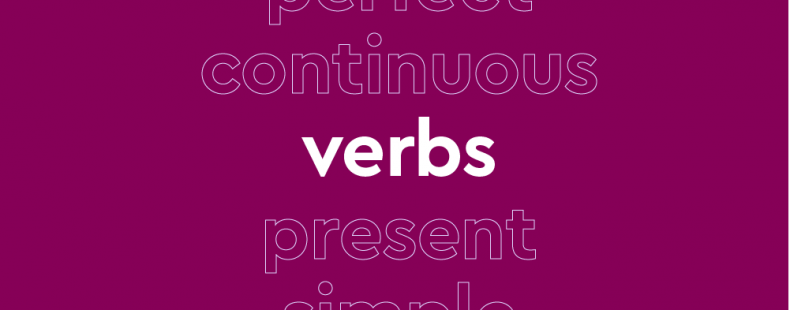
12 Types Of Verb Tenses And How To Use Them

Tense versus Aspect in TEFL
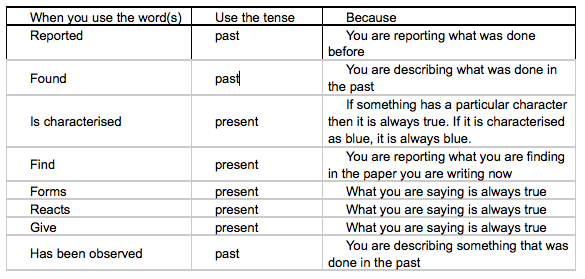
Which tense should you use in your manuscript? — Fix My English
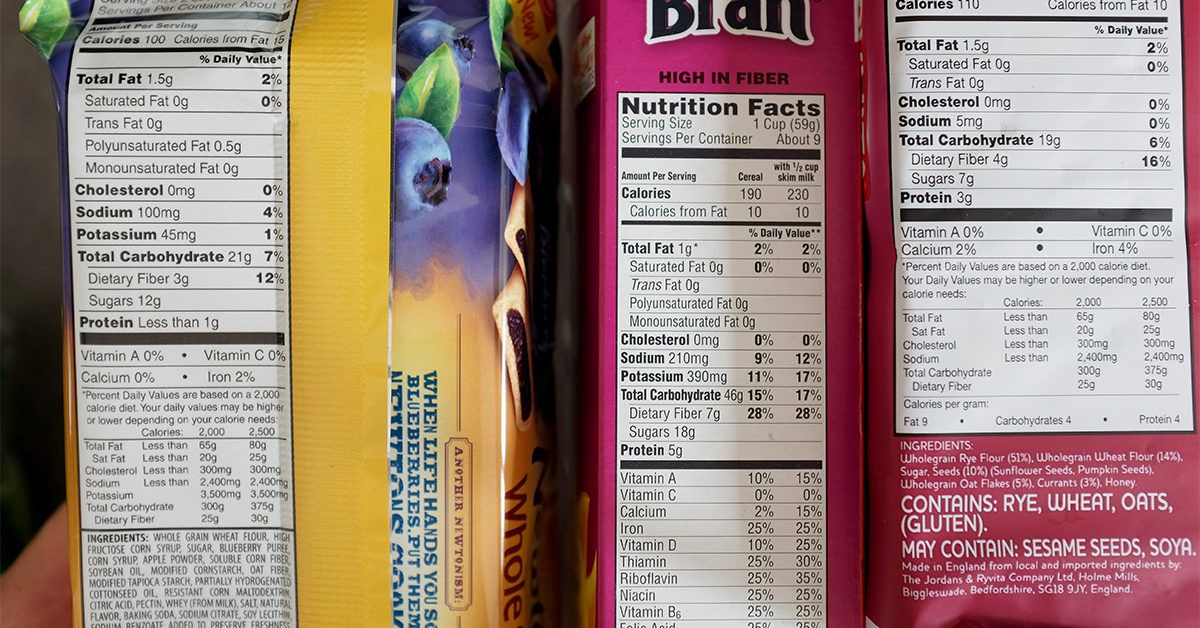
How to Read Food Labels Without Being Tricked

Your attention didn't collapse. It was stolen, Psychology

The Science of Habit: How to Rewire Your Brain
:max_bytes(150000):strip_icc()/how-to-write-a-results-section-2795727_final-bfdf5068ee444abda7875606dfb21cb0.jpg)
How to Write an APA Results Section
.jpg)
Study finds using the present tense makes people find your words significantly more believable and helpful

Present Perfect Tense - Definition, Uses, Examples, Sentences
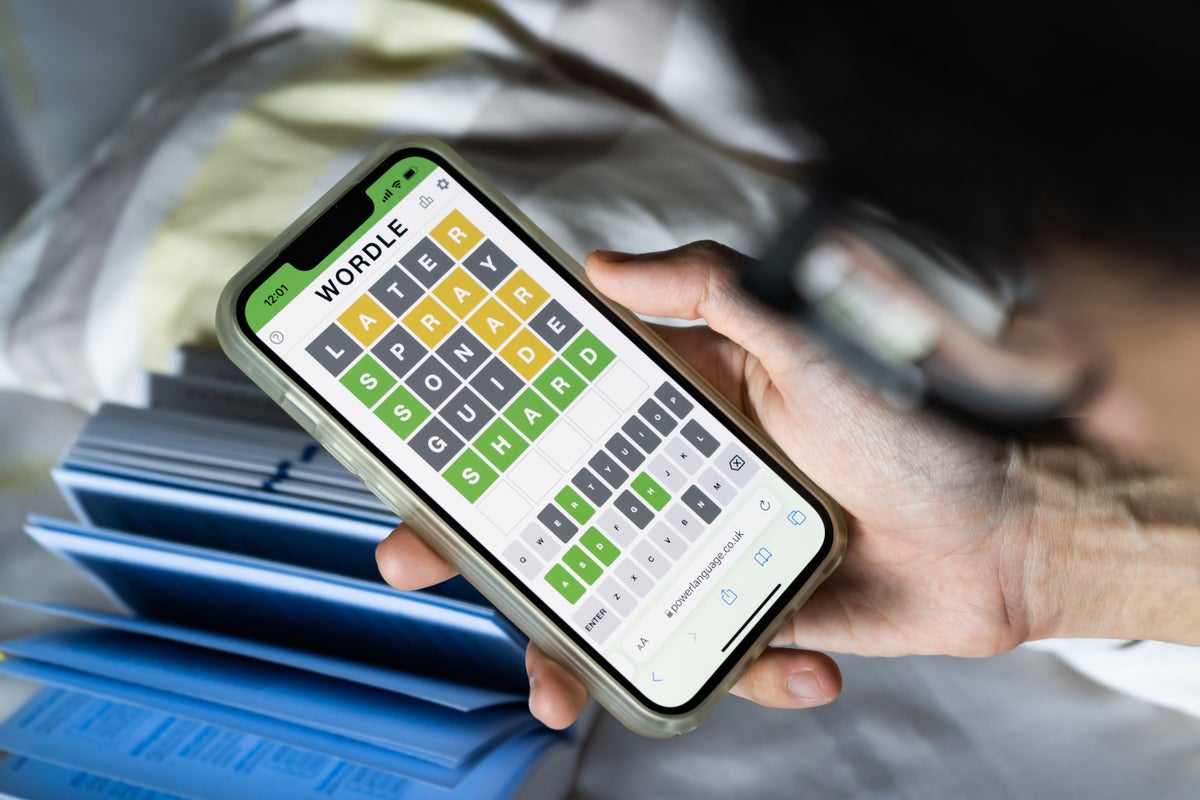
Information Theory Finds the Best Wordle Starting Words
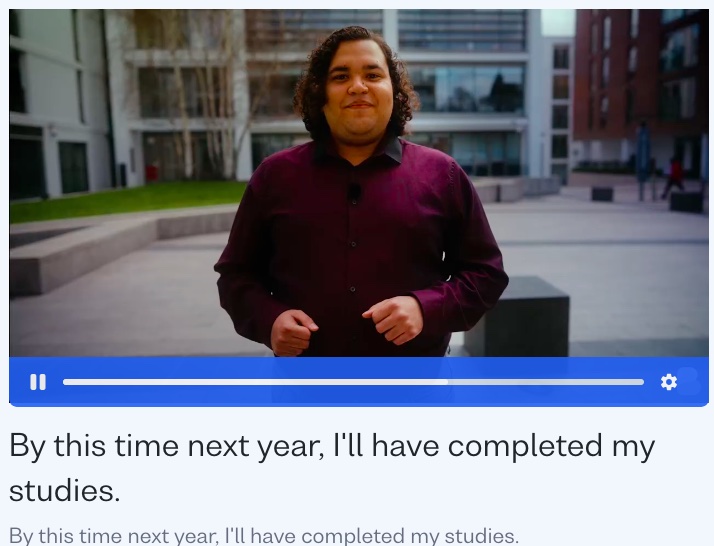
English Tenses: Types, Definitions & Examples - Busuu

Simple Past Tense: How to Use It, With Examples
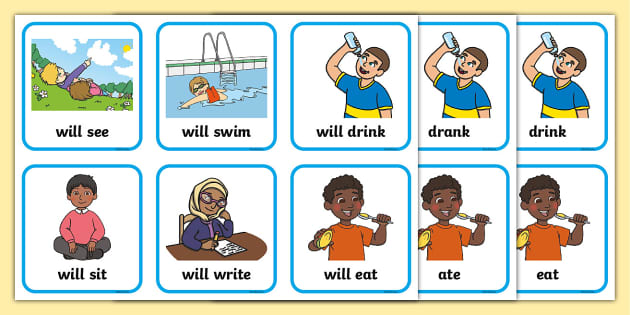
EAL Students - Present and Past Tense Picture Cards - Twinkl
de
por adulto (o preço varia de acordo com o tamanho do grupo)
